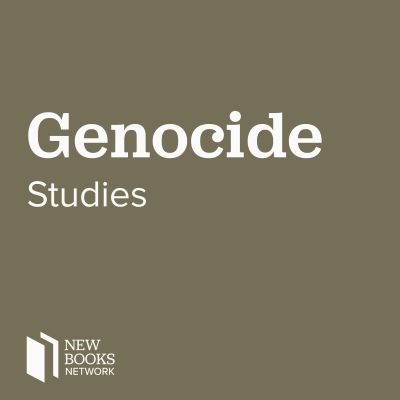Interviews with Scholars of Genocide about their New Books Support our show by becoming a premium member! https://newbooksnetwork.supportingcast.fm/genocide-studies
https://newbooksnetwork.com/category/politics-society/genocide-studies/
Ervin Staub, “Overcoming Evil: Genocide, Violent Conflict and Terrorism” (Oxford UP, 2010)
After “Schindler’s List,” it became customary for my students, and I, to repeat the slogan “Never Again.” We did so seriously, with solemn expressions on our faces and intensity in our voices.
But, if I’m being honest, I also uttered this slogan with some trepidation. For, while I believed absolutely in the necessity of such a commitment, I didn’t really know how to carry it out.Looking at Bosnia and Rwanda, then the Sudan and the Congo, such affirmations confronted the messy reality of our world.
Ervin Staub‘s recent book Overcoming Evil: Genocide, Violent Conflict and Terrorism (Oxford University Press, 2010), offers a refreshing hint of possibility. Staub has been working on the question of why people participate in mass violence for decades (his earlier book The Roots of Evil is one of the foundational texts in the field of perpetrator studies). In his most recent book, he offers concrete guidelines and strategies for reducing the possibility and frequency of mass violence in our world. Staub is not a dreamer–he has no illusions that genocide and terrorism can be eliminated immediately. But he believe both that it is everyone’s obligation to try and create a world in which mass violence is less prevalent and that such a world is in fact possible.
The book offers both a comprehensive summary of what psychology can tell us about the behavior of perpetrators and a lengthy set of recommendations. It should be an important resource for both scholars and practitioners for years to come.
Update: Overcoming Evilhas won the 2012 Alexander George Book Award of The International Society of Political Psychology for the Best Book Published in 2011 in the Field of Political Psychology, and also won the the 2013 Ursula Gielen Global Psychology Book Award of the International Psychology Division of the American Psychological Association for significant and fundamental contributions to psychology as a global discipline.
Learn more about your ad choices. Visit podcastchoices.com/adchoices
Support our show by becoming a premium member! https://newbooksnetwork.supportingcast.fm/genocide-studies
